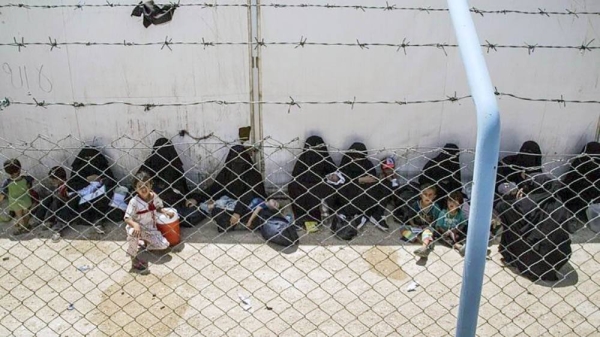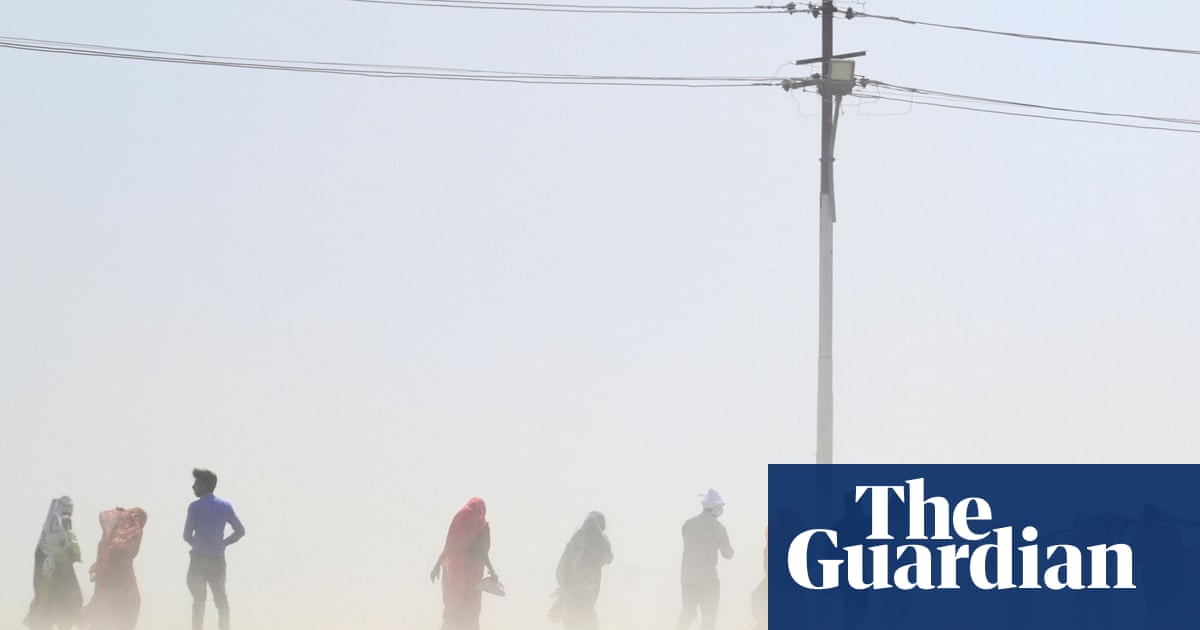
Physical vaginal tests are still used to determine whether women and girls have been raped in India, Nepal and Sri Lanka, according to a new report.
The practice remains widespread in all three countries and some courts refer to the test in judgments, despite it having no scientific basis and being banned in India.
Divya Srinivasan, a human rights lawyer based in Delhi and co-author of the report, from the women’s rights organisation Equality Now and Dignity Alliance International, labelled the test “a human rights violation by itself”.
Sumeera Shrestha, executive director of the Nepali organisation Women for Human Rights, added: “It is demeaning and inhuman. It is not just about whether rape has happened, but it’s like testing your virginity.”
She said that the examination was used by authorities to show that rape survivors were “immoral”, adding that, in the context of Nepal, it was related to notions of “honour” and the belief that women and girls should be “pure”.
The test involves a medical practitioner inserting two fingers into the vagina of a rape survivor in an attempt to determine if the hymen is broken, as well as to test laxity in the vagina.
If the hymen is still intact, the test is used to declare that rape could not have taken place, though rape does not necessarily break the hymen.
The test is often used to label victims as used to having sex, says the report, and forms part of evidence to bring up past intercourse and cast doubt on the rape allegation.
Five countries in the region – Bangladesh, Bhutan, Maldives, Nepal and Sri Lanka – permit the use of evidence detailing the sexual history of a rape survivor. Srinivasan said this was a relic from colonial times. “Penal codes in Sri Lanka and Bangladesh specifically say in rape cases you can bring evidence of past ‘immoral character’,” she said. “Rape is seen as an offence against chastity and honour.”
The report, which focuses on the experiences of women in six south Asian countries, stated that the two-finger vaginal test was one of many factors making the process for reporting rape and seeking justice incredibly burdensome.
As in many developed countries, conviction rates for rape are extremely low across the region – in Bangladesh the rate is 3%. “It’s very disheartening,” Srinivasan said. “Our system is failing at all levels. There are various reasons which make it impossible to take prosecution forward and so many other problems in the system.”
Survivors face long delays in the justice system – cases can take several years to go to trial – and officials are susceptible to bribery, the report said. Accounts of police officers refusing to file complaints or failing to investigate allegations are widespread in Bangladesh, India, Nepal and Sri Lanka.
Shrestha said that in Nepal, survivors and families faced pressure and threats to drop cases as well as social stigma. “Women are threatened. Also human rights defenders who support women are threatened,” she said. “When we work with widows who have been raped by family members, they cannot openly say that because [the perpetrator] threatens her children.”
In Bangladesh, India and Nepal, more than 60% of the survivors interviewed reported coming under pressure to settle or compromise in their case. The report said that in some instances, survivors did not then receive the compensation promised under these extra-legal agreements.
Survivors of sexual violence from socially excluded communities face even greater barriers to accessing justice as a consequence of caste, tribal, ethnic or religious prejudice and persecution.
The report laid out solutions to the multiple barriers that rape survivors face. Srinivasan called for police officers who fail to register rape cases to be held to account, and training for all justice officials and healthcare professionals. Judges should enforce bans on two-finger tests, she said.
“In countries where it is banned, implement the ban and make sure all health professionals are aware of it,” she said. “Take action against providers who still continue to perform it and make sure courts stop relying on evidence of the test.”












